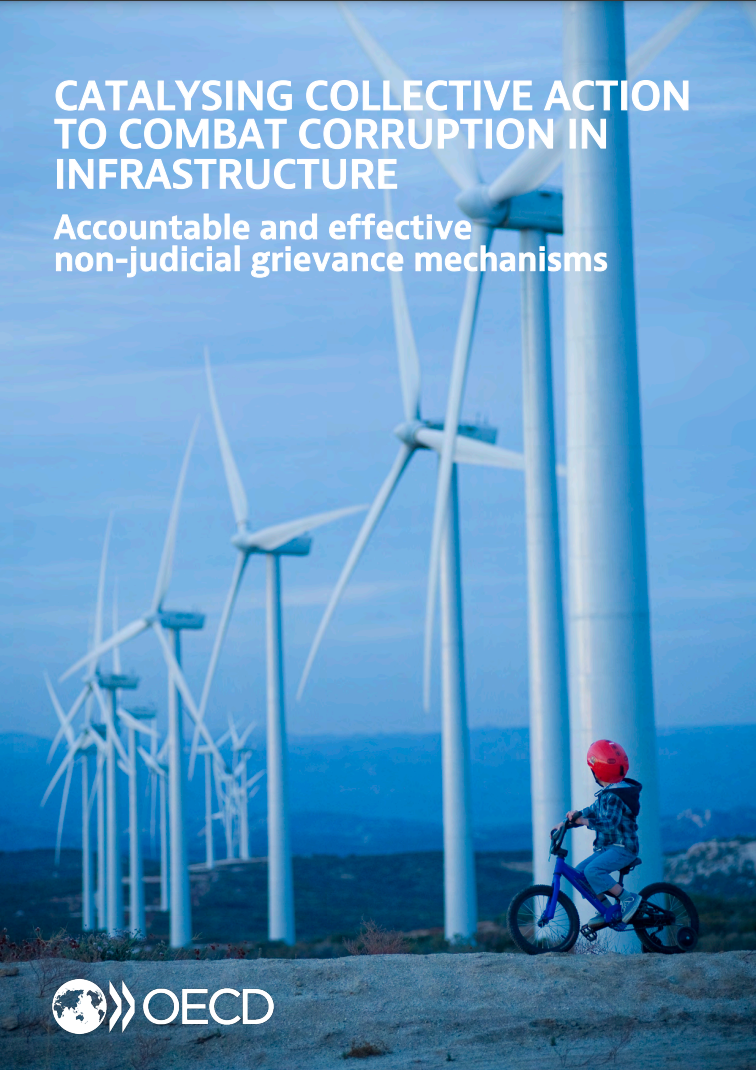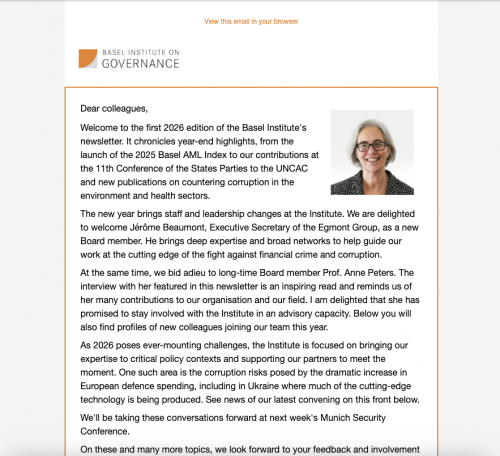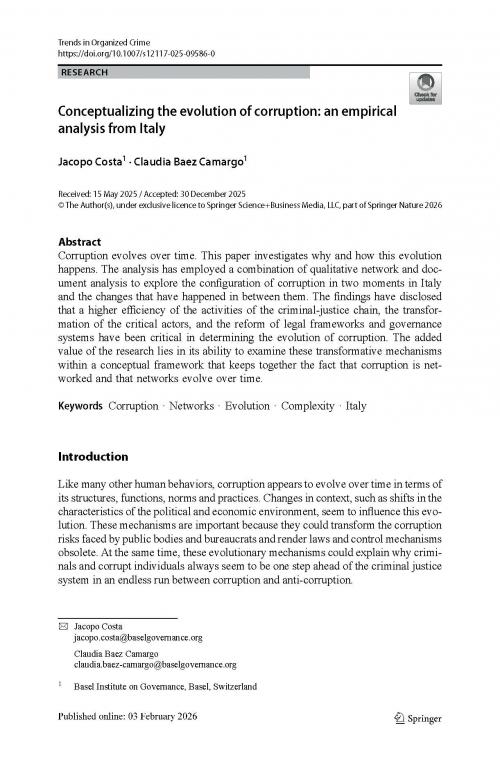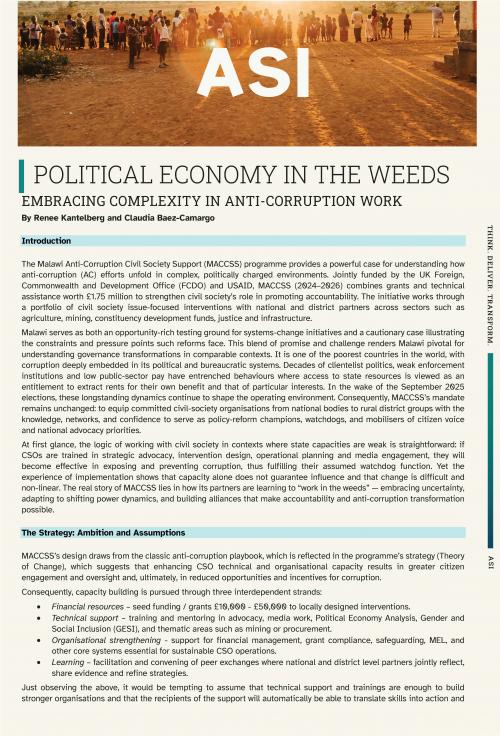Catalysing Collective Action to combat corruption in infrastructure
Infrastructure is vital for supporting economic growth, enhancing prosperity and well-being. G7 nations and other partnerships have committed to quality and sustainable infrastructure investments based on high standards and shared values to mobilise public and private investment. Unfortunately, infrastructure remains highly exposed to corruption and other irregular practices, and lacks sufficient accountability. New and innovative approaches to tackle corruption are needed to address these challenges.
This policy paper focuses on collective action and multi-stakeholder non-judicial grievance mechanisms to support early detection, prevention and reporting of corruption. It highlights three mechanisms, namely, the National Contact Point for Responsible Business Conduct, the High Level Reporting Mechanism, and the Integrity Pact, which are well-suited to addressing corruption risks across the infrastructure lifecycle. As countries increase infrastructure investment and look to attract private financing, there is an opportunity to harness multi-stakeholder solutions that address corruption, de risk projects and ensure finance meets its intended purpose.
Links and other languages




